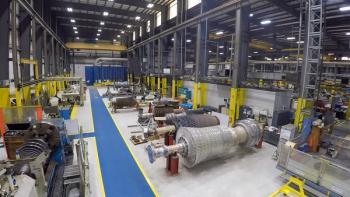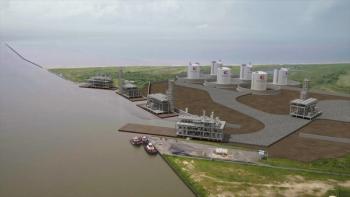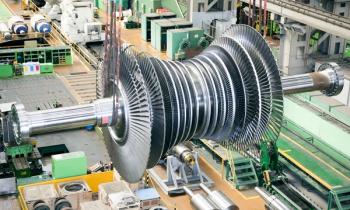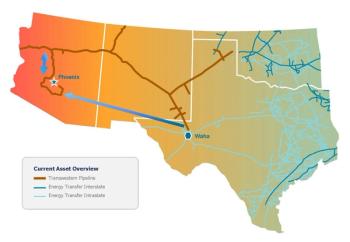
Air Liquide to Construct, Operate Gas Production Platform in Québec
A €140 million investment will allow Air Liquide to establish an industrial gas production platform, including an air separation unit and liquid storage capacity.
Air Liquide has announced, with the assistance of a €140 million investment, that it will develop a production and distribution platform to supply low-carbon industrial gases including hydrogen, oxygen, nitrogen, and argon, as well as liquid storage capacity for produced gas. Specifically, Air Liquide will establish an air separation unit (ASU) for the production and pipeline transportation of oxygen, nitrogen, and argon, which will be driven by renewable energy from hydropower sources to satisfy the company’s ADVANCE plan to reduce its carbon emissions 33% by 2035.
The Québec infrastructure will add a total oxygen production capacity of 850 tons per day and will primarily supply customers with battery components for EV’s through long-term contracts. Air Liquide expects the gas production platform to be operational in 2025.
“Québec stands at the forefront of the energy transition, actively fostering an industrial ecosystem centered on battery components, hydrogen, and renewable energy,” said Matthieu Giard, CEO of the Americas Hub. “The electric vehicle battery market is an expanding frontier, giving rise to a landscape of opportunities and the emergence of ecosystems dedicated to its support and advancement.”
In addition to the ASU, Air Liquide will connect its Bécancour 20 MW PEM electrolyzer to recover renewable oxygen from hydrogen production. The gas platform will execute supply contracts with battery component manufacturers at first—including Ecopro CAM Canada—then expanding its capacity to serve others in the Bécancour area and bulk clients in eastern Canada.
“The region boasts valuable assets, including its hydro power resources, a skilled workforce, and an innovation ecosystem. Operating in Bécancour for more than 35 years, we are delighted to be able to support the development of a growing industry with a reliable low-carbon offer,” said Giard.
Newsletter
Power your knowledge with the latest in turbine technology, engineering advances, and energy solutions—subscribe to Turbomachinery International today.




